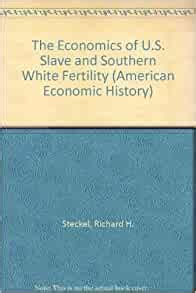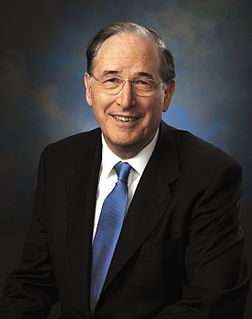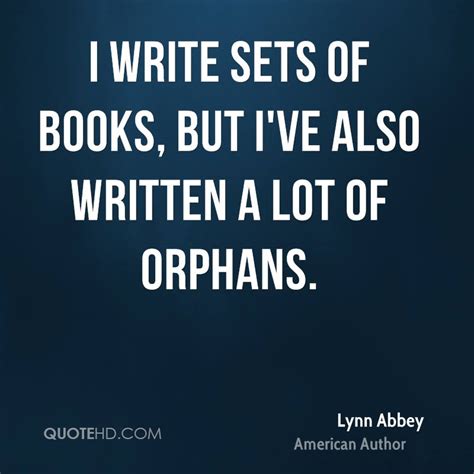A Quote by Richard H. Steckel
The English were relatively short in the mid-nineteenth century and so their expeditions return with stories some exaggerated, not doubt about "giants" who lived in other parts of the world.
Related Quotes
The nineteenth century was the last moment in history when a relatively educated layperson could follow what was going on in the world of science and invention to a wide degree. Also, there were no "professionals". This was a time when amateur explorers, naturalists and enthusiasts were are still making major contributions to progress.
In the nineteenth century some parts of the world were unexplored, but there was almost no restriction on travel.:; Up to 1914 you did not need a passport for any country except Russia.:; The European emigrant, if he could scrape together a few pounds for the passage, simply set sail for America or Australia, and when he got there no questions were asked.:; In the eighteenth century it had been quite normal and safe to travel in a country with which your own country was at war.
In the mid to late nineteenth century, the gun manufacturers recognized that they had a limited market. Remember that this is a capitalist society, you've got to expand your market. They were selling guns to the military. That's a pretty limited market. What about all the rest of the people? So what started was all kinds of fantastic stories about Wyatt Earp and the gunmen and the Wild West, how exciting it was to have these guys with guns defending themselves against all sorts of things.
Some stories I write in Swedish, some in English. Short stories I've almost exclusively written in English lately, mostly because there's such a small market for them in Sweden and it doesn't really pay either. So, the translation goes both ways. What also factors in is that I have a different voice in English, which means that a straight translation wouldn't be the same as if I'd written it in English originally.
In the supposedly enlightened eighteenth and nineteenth centuries, parental indifference, child neglect, and raw cruelty appearedamong Europeans of all classes.... In mid-nineteenth- century France, families abandoned their children at the rate of thirty-three thousand a year.... It took sixty years after the criminalization of cruelty to animals for cruelty to children to be made punishable under English law.... Industrialized America added brutalizing child labor to the oppressions of the young.
When I was about twenty-one, I published a few poems. Maybe I wrote a couple of stories before, but I really began to write stories in my mid-thirties. My kids were still little, and they were in school and day care, and I had begun to think a lot about wanting to tell some stories and not being able to do it in poetry.
Given that the nineteenth century was the century of Socialism, of Liberalism, and of Democracy, it does not necessarily follow that the twentieth century must also be a century of Socialism, Liberalism and Democracy: political doctrines pass, but humanity remains, and it may rather be expected that this will be a century of authority ... a century of Fascism. For if the nineteenth century was a century of individualism it may be expected that this will be the century of collectivism and hence the century of the State.
I made some shorts that I'm not in. I think because I write so many short stories, it's not that hard to come up with characters that are not me. But my way into making movies has been through performing. My very first short film, I played a child and her own mother. So in some ways, to me, my great achievement so far is just that I've gotten all these other people to play the other parts. That's what makes it a real movie.
The thing I'm particularly interested in is natural history. In its heyday, the mid- and late-nineteenth century, when people were going out and gathering the first huge caches of data and trying to understand what was living and growing everywhere, there was such a sense of freshness to that pursuit. It's very exciting.
Most of what I read is for reviewing purposes or related to something I want to write about. It's slightly utilitarian. I definitely miss that sense of being a disinterested reader who's reading purely for the pleasure of imagining his way into emotional situations and vividly realized scenes in nineteenth-century France or late nineteenth-century Russia.
Up until the middle of the nineteenth century, men of science were all believers. Most of the great early English naturalists were also ministers; they were the only ones who had education and leisure for such pursuits. Darwin himself almost became a minister. God's power was always thought to be most easily and obviously revealed in the majestic works of nature.































